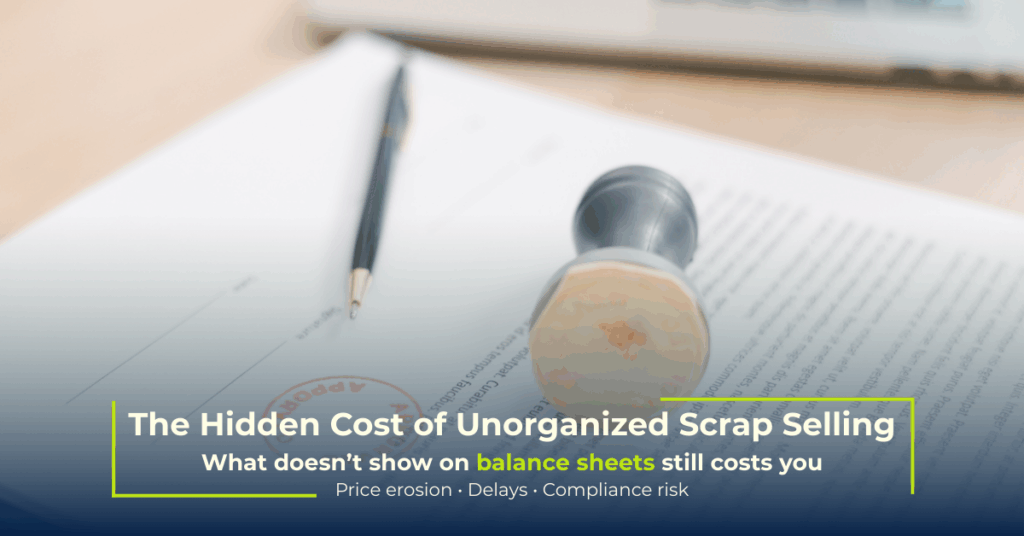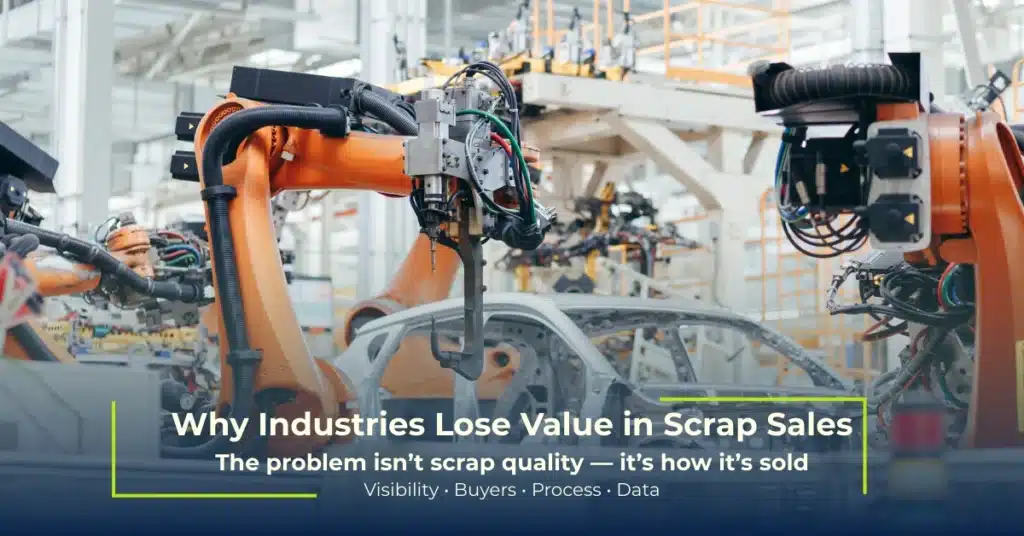Let’s be honest, the waste we generate every day doesn’t just disappear after we toss it in the bin. It ends up somewhere in landfills, oceans, or incinerators; quietly polluting the environment we depend on. What’s worse is that most of this waste could actually be avoided or repurposed if we simply understood and applied one concept: the 5Rs of Waste Management.
So, what exactly are the 5Rs? They stand for Refuse, Reduce, Reuse, Repurpose, and Recycle; five simple yet powerful steps that form the foundation of sustainable waste management. Let’s break each one down.
1. Refuse – Say No to What You Don’t Need
The first and most important step is Refuse. Before you even think about managing waste, ask yourself if you need that item in the first place. Refusing unnecessary things like plastic bags, disposable cutlery, or extra packaging is the simplest way to stop waste before it starts. Every time you say “no” to a single-use item, you’re keeping that much plastic out of landfills and oceans.
2. Reduce – Buy Less, Waste Less
After refusing comes Reduce. It’s all about making smarter choices; buying only what you truly need and opting for quality products that last longer. Reducing means being conscious of your consumption patterns. Choose minimal packaging, go digital instead of printing, and cut down on food waste by planning meals ahead. When we reduce our waste at the source, we create a ripple effect of positive change.
3. Reuse – Give Things a Second Life
Before throwing something away, think about whether it can be Reused. That old glass jar could become a storage container. The cardboard box from your online order could be repurposed for organizing cables. Even clothes can be reused through donations or upcycling. Reusing helps extend an item’s lifespan and keeps it out of the garbage stream for longer.
4. Repurpose – Get Creative with Waste
Repurpose is where creativity meets sustainability. Instead of discarding items, find innovative ways to give them a new function. Old tires can become garden planters, bottles can turn into lamps, and newspaper can transform into wrapping paper. Repurposing reduces the need for new raw materials and adds a personal touch to everyday life. It’s eco-friendly and fun.
5. Recycle – Turn Waste into New Resources
Finally, Recycle the most familiar of the five Rs. Recycling means converting waste materials into new products. Paper, glass, metal, and certain plastics can all be recycled to create something new. But here’s the catch: recycling should be the last step, not the first. Many people think recycling solves everything, but the truth is that it’s only effective when the other four Rs are practiced first. Segregating waste properly and sending it to authorized recyclers makes a huge difference.
So how do we manage waste? Oh, it’s a very simple process. Just follow the steps listed below :
5 Practical Ways to Manage Waste Effectively
- Segregate waste at home – Keep separate bins for dry, wet, and recyclable waste.
- Compost kitchen waste – Turn food scraps into nutrient-rich compost for your plants.
- Avoid single-use plastics – Carry your own bottles, bags, and straws.
- Donate and share – Pass on clothes, books, or appliances you no longer use.
- Support eco-friendly brands – Choose products made with recycled or biodegradable materials.
Do You Know Why the 5Rs Matter :
Applying the 5Rs isn’t just an environmental choice, it’s a mindset shift. It reminds us to be conscious consumers and responsible citizens. Small daily actions, like refusing plastic cutlery or composting kitchen waste, might seem minor, but collectively they help conserve natural resources, save energy, and cut down pollution.
The 5Rs give us control over our waste. Instead of being passive contributors to pollution, we become part of the solution. The more we practice these principles, the closer we move to a circular economy, one that values sustainability over convenience. So next time you’re about to throw something away, pause for a second and ask: Can I refuse, reduce, reuse, repurpose, or recycle this?
Because every small decision adds up to a cleaner, greener planet.


